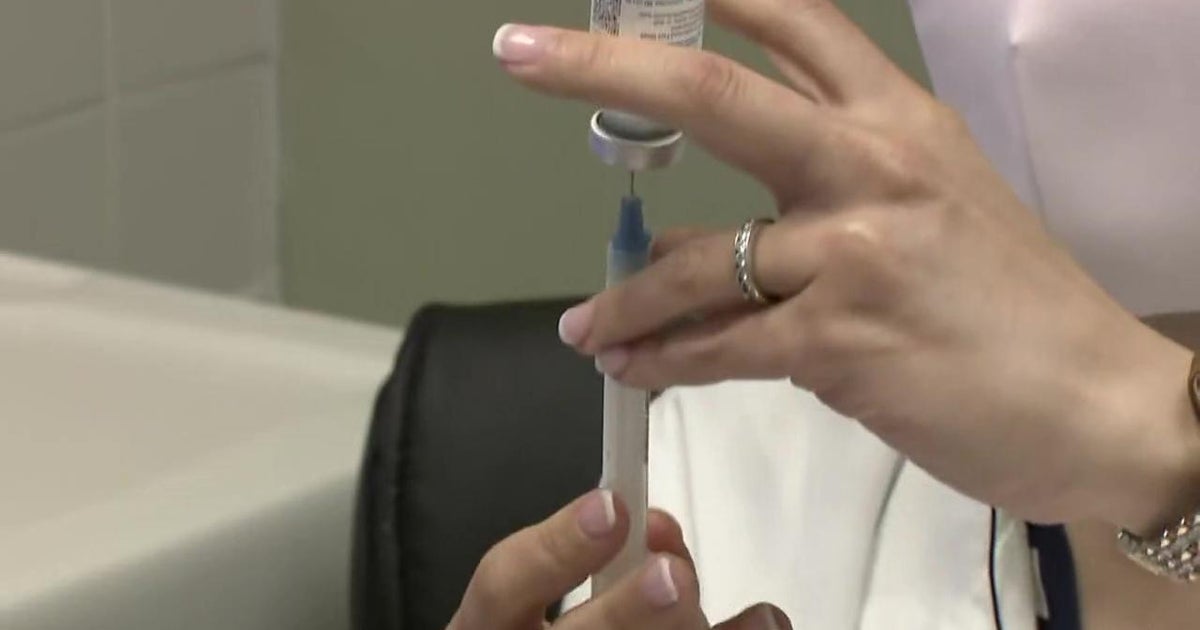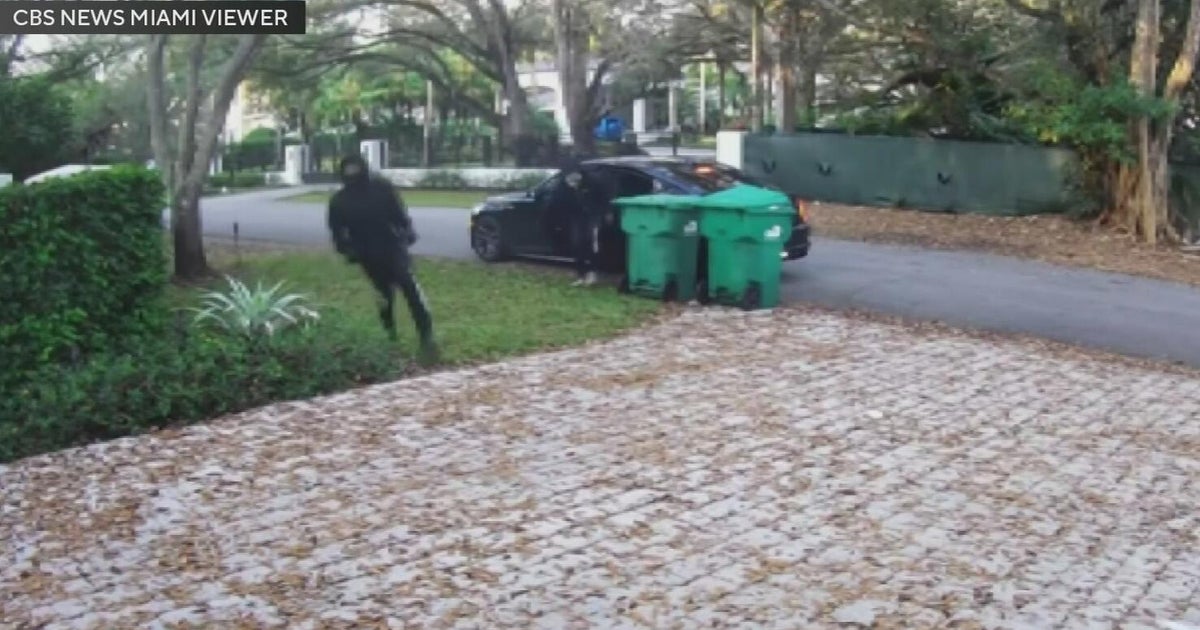The US Food items and Drug Administration desires to simplify the Covid-19 vaccine method to search additional like what comes about with the flu vaccine. That could include streamlining the vaccine composition, immunization schedules, and periodic updates of Covid-19 vaccines.
The Fda mentioned it expects to assess circulating strains of the coronavirus at the very least each year and determine in June which strains to pick out for the drop period, a great deal like the course of action to update once-a-year flu vaccines.
Shifting forward, the agency explained, most people might need to have only just one dose of the most recent Covid-19 shot to restore protection, irrespective of how numerous photographs they’ve gotten before. Two doses might be wanted for individuals who are really young and have not been uncovered, who are elderly, or who have weakened immune devices, according to the FDA’s briefing doc for its vaccine advisers.
The company is urging a shift towards only just one vaccine composition fairly than a blend of monovalent vaccines — which are at the moment made use of for key photographs and target only a person strain — and bivalent vaccines — which are at the moment utilised for booster doses and goal additional than one pressure.
The Fda did not say regardless of whether the annual shot would incorporate a one pressure, two strains or much more. The yearly influenza vaccine immunizes against 4 strains.
“This simplification of vaccine composition should really cut down complexity, minimize vaccine administration faults due to the complexity of the selection of distinct vial shows, and possibly raise vaccine compliance by permitting clearer conversation,” the Food and drug administration mentioned.
The agency’s impartial vaccine advisers, the Vaccines and Associated Organic Goods Advisory Committee, are scheduled to meet up with Thursday to go over the long term of Covid-19 vaccine regimens and will be questioned to vote on no matter if they endorse sections of the FDA’s approach.
Vaccine industry experts experienced mixed responses.
Dr. Gregory Poland of the Mayo Clinic, a previous member of the FDA’s pro advisory panel, says the initial point it really should do is outline what it expects yearly vaccination to reach.
“They’re heading to have to come to a decision what the aim of the use of recent vaccines is,” reported Poland, who scientific tests how the human body responds to vaccines. “If it is to stop critical illness and loss of life, we’re now there.”
Before contemplating the shift to once-a-year boosters, he would want to see information on how productive the current updated boosters are from the most current Omicron subvariants.
“The data that retains having trotted out in regards to efficacy is prior to BQ and XBB subvariants,” Poland said.
The committee also demands to demand from customers complete transparency from the Food and drug administration and drug companies when weighing its conclusions, he reported. He was extremely anxious that the agency had not shared all the data it experienced on bivalent boosters with the advisory committee in June.
Dr. Peter Hotez, dean of the National Faculty of Tropical Medicine at the Baylor University of Medicine, said he sees the strategy for an once-a-year update as a stability concerning what science states is needed to struggle the virus and what is actually in fact practical.
“I believe it can be a harmony, hoping to do what the science claims, which is the need to have for adaptability and adaptability. But the practicality which is not likely the organizations can probably make that change extra than after a yr,” he explained.
But this plan also has some weaknesses, he notes. Yearly updates are fantastic as extended as the virus carries on to evolve incrementally, based mostly on previously circulating viruses. But he questions irrespective of whether the earth has ample genomic surveillance to catch a radically diverse variant that pops out of still left area, as Omicron did.
“We you should not have the surveillance mechanisms in location globally. We will not have the genomic sequencing in place globally. We you should not have the cautiously orchestrated dance that took many years to establish for influenza surveillance in put for coronavirus surveillance,” Hotez said.
Dr. John Wherry, director of the Institute for Immunology at the College of Pennsylvania, has been studying how 2nd-line immune defenders called T-cells are keeping up against the coronavirus strains
The answer is that issues are on the lookout fairly good. Even even though our antibody degrees drop inside about 3 months of a booster, our T-cells look to be sticking about for more time — up to 9 months so significantly — and they are imagined to be the component of immunity that guards against extreme outcomes like hospitalization and loss of life.
Even however there doesn’t seem to be substantially measurable decrease in T-cells above time, Wherry says, he is supportive of the FDA’s approach for an once-a-year Covid-19 vaccine.
“Recommending vaccines on a common foundation as element of your program wellness treatment is a little something that we ought to be accomplishing,” he reported. “An once-a-year improve with the vaccine will in fact assistance make your T-cells far more healthy, maintain them up to day and preserve them in a position to defend us driving the antibodies.”
This implies the boosters ought to provide some gains in the quick and extended expression.



